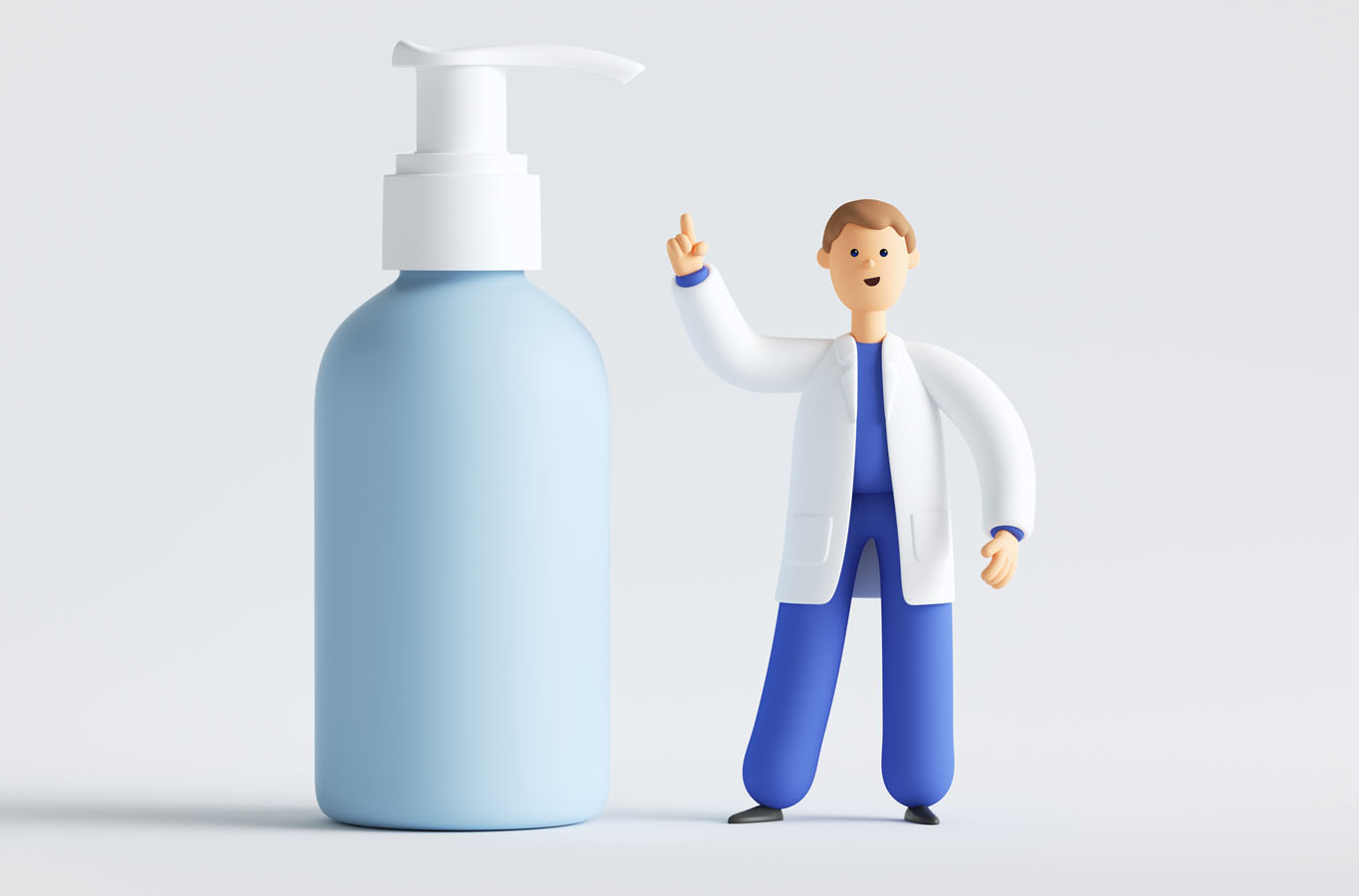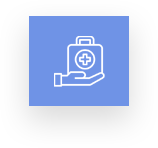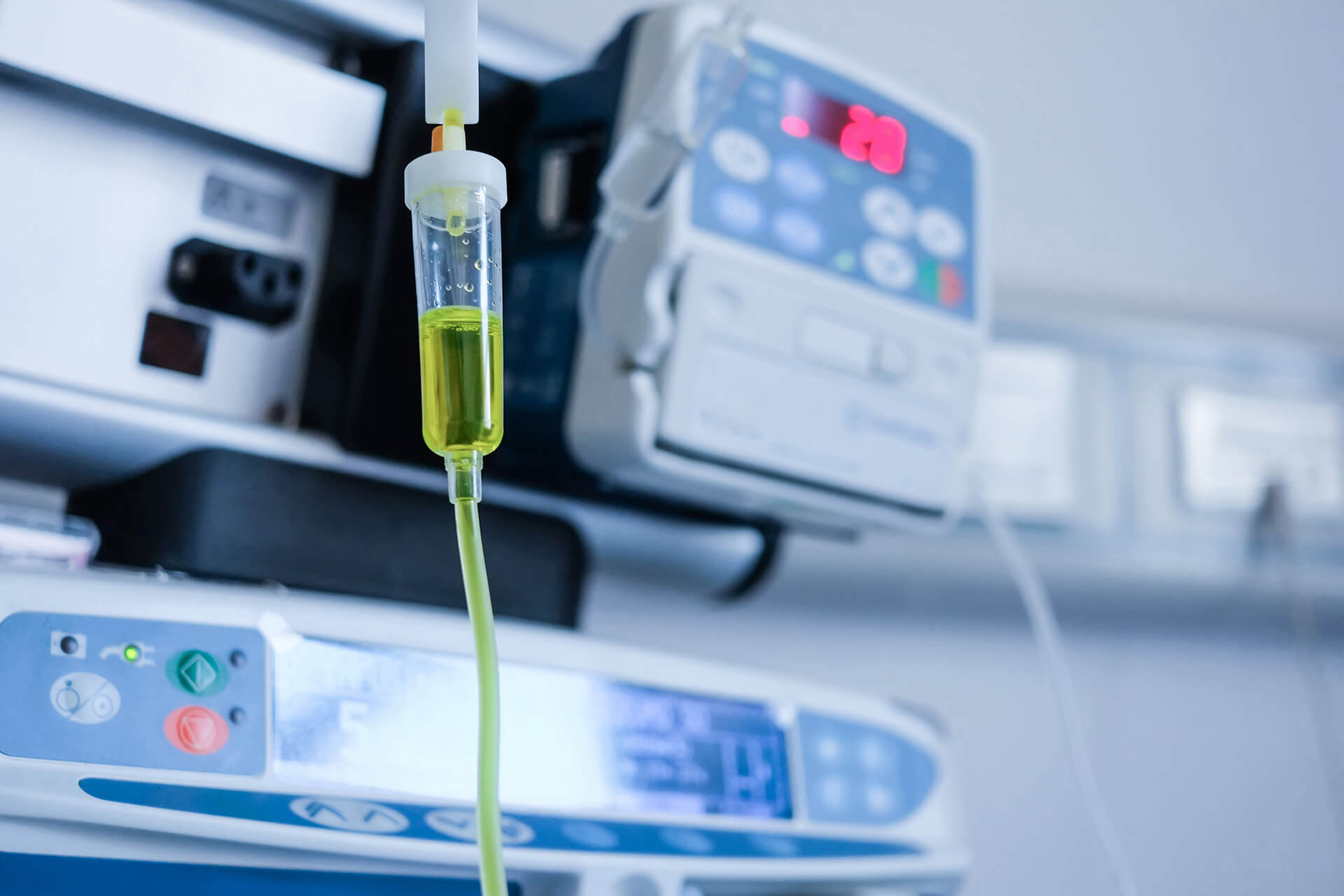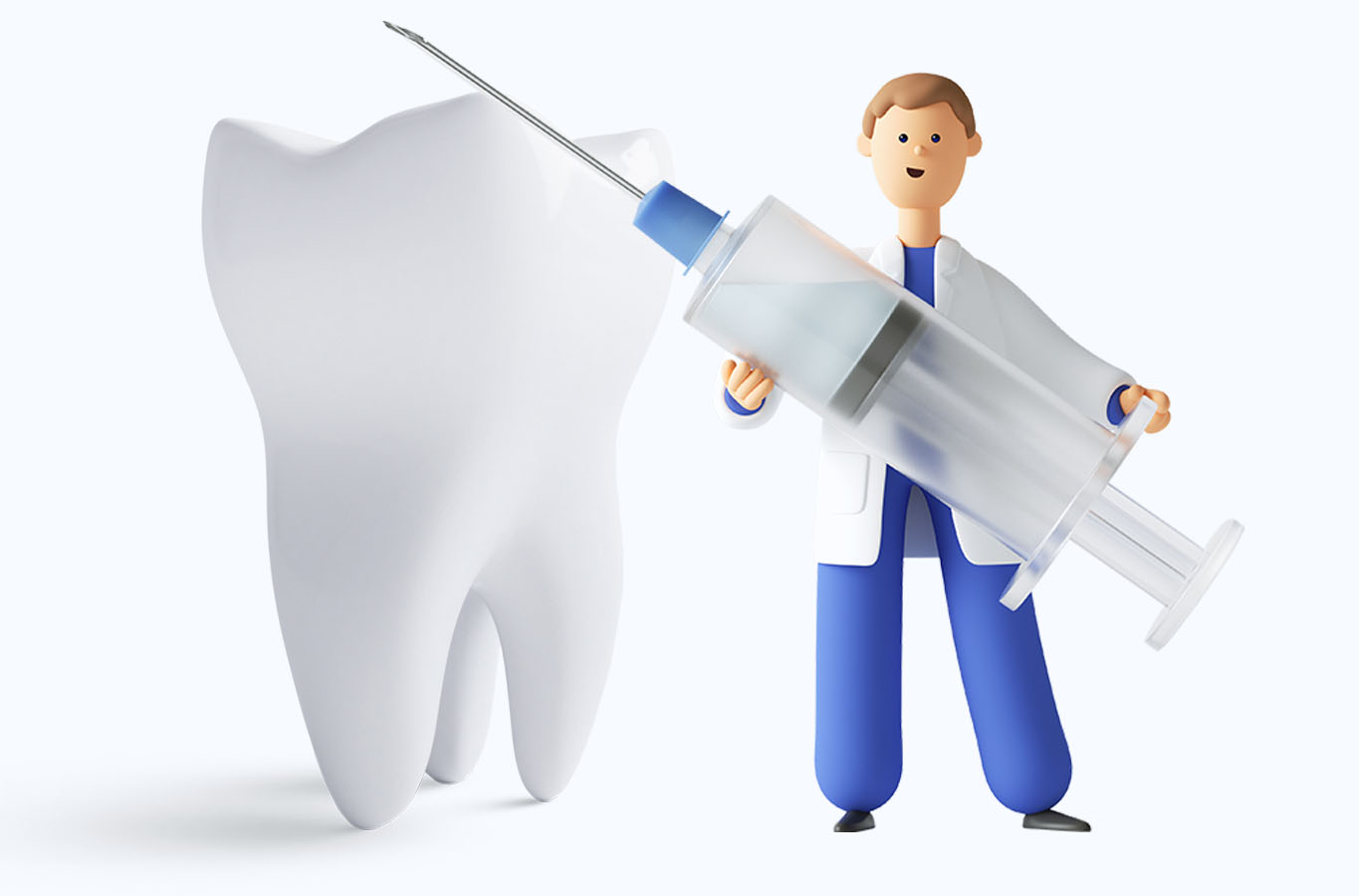
About Klebsiella
KEY POINTS
- Klebsiella is a type of bacteria normally found in human stool (feces) that can cause healthcare-associated infections (HAIs).
- Klebsiella can cause pneumonia, bloodstream infections, wound or surgical site infections, and meningitis.
- Some Klebsiella bacteria are becoming increasingly resistant to antibiotics.
Overview
Klebsiella is a type of gram-negative bacteria normally found in human stool (feces) that can cause HAIs. Klebsiella are becoming increasingly resistant to antibiotics, including carbapenems (often the last line of defense against multidrug-resistant bacterial infections).
Signs and symptoms
Symptoms include chest pain when you breathe or cough, fever and chills, shortness of breath, fatigue, a cough that may produce phlegm, and changes in mental awareness.
Symptoms of Klebsiella pneumonia:
- Fever
- Cough
- Chest pain
- Trouble breathing
- Reddish, jelly-like mucus
Symptoms of UTIs include:
- Pain when you pee
- A need to pee often
- An urgent need to pee
- Pain under your pubic bone
- Blood in your pee
Symptoms of meningitis:
- High fever that comes on suddenly
- Bad headache
- Neck stiffness
- Upset stomach and vomiting
- Sensitivity to light
- Extreme drowsiness
- Confusion
- Seizures
- Drowsiness and difficulty waking up
- Loss of appetite, thirst, or both
Symptoms of bloodstream infections:
- Fever
- Chills
- Fast heart rate
- Low blood pressure
- Dizziness
- Pain in your abdomen
- Nausea and vomiting
- Diarrhea
- Fast breathing
- Confusion
- Delirium
- Skin rash or discolored skin
- Warm skin
- Hypothermia, or a low body temperature
Symptoms of liver abscesses:
- Fever
- Chills
- Pain in the upper right side of your abdomen
Symptoms of wound and surgical infections:
- Redness
- Warmth
- Swelling
- Slow healing
- Fever
- Pain
- Pus oozing from the wound
Symptoms of skin infection:
- Pain; sometimes extreme pain is the only symptom
- Swelling
- Redness
Who Is at Risk for Klebsiella Pneumoniae?
Infections are rare in healthy people because their immune systems are strong enough to fend off the germs. But infections are more likely if you have health problems like:
- Alcoholism
- Cancer
- Diabetes
- Kidney failure
- Liver disease
- Lung disease
Other things that can increase your risk are:
- Taking certain antibiotics for a long time
- Being older
- Being in the hospital
- Having an IV or a catheter (a tube connected to your bladder to drain pee)
- Having an open wound
- Having surgery
- Using a ventilator to help you breath
- Taking corticosteroids
How it spreads
- Person-to-person contact (most commonly).
- Contact with contaminated water or soil.
- Contact with contaminated equipment (e.g., ventilators (breathing machines) or intravenous (vein) catheters).
- Wounds caused by injury or surgery.
Klebsiella does not spread through the air.
Klebsiella Pneumoniae Prevention
It can be hard to prevent infection when you’re in the hospital. But you can do things to avoid transmitting the bacteria.
Always wash your hands before you:
- Eat
- Touch your eyes, nose, or mouth
- Change bandages on a cut
Always wash your hands after you:
- Use the bathroom
- Blow your nose, cough, or sneeze
- Touch anything in doctor’s offices or hospitals
If you check into the hospital for treatment, take these extra steps to protect yourself:
- Before you go, make sure to follow your treatment plan for any ongoing health conditions, like diabetes.
- Ask the staff what they do to prevent infections.
- Tell your nurse or doctor if your bandages get wet or IV tubes fall out of place.
- If you need a catheter or other device, ask to have it taken out as soon as you don’t need it anymore.
- Ask anyone who comes into your room to wash their hands first.
- Teach your family about fever and other signs of infection so they can call for help quickly.
Klebsiella Pneumoniae Diagnosis
Your doctor can do a number of tests to diagnose pneumonia or other infections caused by Klebsiella pneumoniae. Depending on what kind of infection you have, they may test your:
- Blood
- Sputum (a mix of saliva and mucus that you may cough up)
- Pee
Your doctor may also use some kind of imaging, such as a chest X-ray to help diagnose Klebsiella pneumoniae infection.
Klebsiella Pneumoniae Treatment
Antibiotics are the main treatment for Klebsiella pneumoniae infections. Your doctor will send your blood, urine, sputum, or other body fluid to a lab to find out which antibiotic is the best one to treat your infection.
Your doctor will start treatment as soon as they learn which antibiotic you should take. Examples include either a cephalosporin (such as cefepime) or a fluoroquinolone (such as ciprofloxacin) by themselves, or one of these antibiotics combined with an aminoglycoside.
You will probably take antibiotics for 2 weeks. Take them just as it says on the bottle. If you stop taking them too soon, the infection may come back.
If you have an antibiotic-resistant infection, your doctor will decide the best way to treat it. They’ll probably try a different type of antibiotic or a combination of them.
Klebsiella Pneumoniae Causes
These germs don’t spread through the air. You need direct contact to get sick. One way would be to touch a cut on your skin with dirty hands.
Most Klebsiella pneumoniae transmission happens in hospitals, nursing homes, and other places with lots of sick people. Health care workers can spread the germs if they don’t wash and sanitize their hands often. The germs can also spread when they get on medical devices like:
- IV tubes that go into a vein to give medicines
- Endotracheal tubes and ventilators, which help you breathe
- Urinary catheters, which drain pee away when you’re not able to use the bathroom
Klebsiella Infections
Klebsiella pneumoniae are a type of bacteria that can cause many different infections. You are much more likely to pick up these germs when you are in the hospital.
These germs are the most common cause of pneumonia you get while you’re in the hospital. This is also known as hospital-acquired pneumonia. You’re much less likely to get pneumonia caused by these bacteria outside of hospitals. Klebsiella pneumonia you pick up in the community makes up only 3% to 5% of cases.
Klebsiella pneumoniae bacteria can cause infections in other parts of your body. These include:
- Bloodstream infections (bacteremia or septicemia)
- Urinary tract infections (UTIs)
- Meningitis
- Pus-filled pockets, or abscesses, in your liver
- Wound infections
- Surgical infections
- Skin infection (cellulitis)
Klebsiella pneumoniae in urine
If Klebsiella pneumoniae bacteria get into your urinary tract, they can cause an infection. This is more likely if you’ve had a catheter put in during a hospital stay.
UTIs caused by Klebsiella pneumonia can be life-threatening, especially in people who have serious illnesses. It’s important to let your doctor know if you have any symptoms of a UTI, especially if you’ve been hospitalized.
What CDC is doing
- Tracking Klebsiella infections through the Emerging Infections Program and National Healthcare Safety Network, and resistance testing for some species through the Antimicrobial Resistance Laboratory Network.
- Data is also available on the AR & Patient Safety Portal
- Working closely with health departments, other federal agencies, healthcare providers and patients to prevent infections caused by Klebsiella and slow the spread of resistant germs.







